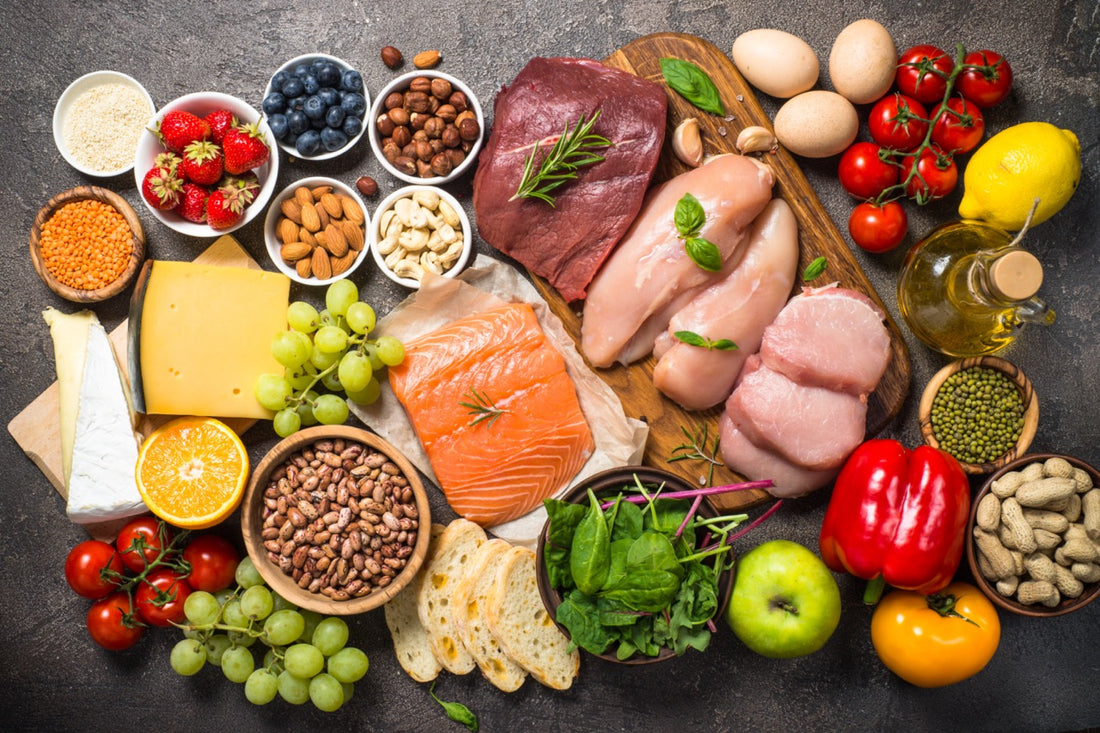"Anxiety and food are interconnected in various ways. Anxiety can cause changes in appetite, such as overeating or an aversion to food. For some, anxiety can lead to emotional eating as a coping mechanism for stress and negative emotions.For others, anxiety symptoms like stomach discomfort and nausea can impact appetite and make eating difficult.
However, certain foods and additives can also worsen anxiety symptoms. High-sugar foods, caffeine, artificial sweeteners, and processed foods can raise blood sugar levels and affect mood and energy, worsening anxiety symptoms.
Alcohol, nicotine, and some drugs can also increase anxiety.
A healthy diet and nutrition can positively impact our mental and physical health. Eating nutrient-rich foods, like fruits and vegetables, lean proteins, and whole grains, can support brain function and reduce anxiety symptoms.
Staying hydrated and getting enough essential vitamins and minerals is also crucial. Diet and lifestyle changes may help improve anxiety, but they are not a substitute for professional treatment.
Consulting a dietitian or nutritionist can help develop a personalized plan. If anxiety interferes with your life, seek help from a professional (psychiatrist, psychologist, or counsellor), and medication or treatment may be necessary.
Additionally, CalmA® can help reduce stress in a natural and easy way. Made with 100% natural plant-based ingredients, CalmA® stimulates the brain and nervous system through smell, promoting relaxation and focus.
To use CalmA®, find a comfortable position, sitting straight in a chair with your feet firmly on the ground or lying down.
Apply a small amount of CalmA® to your palms and massage gently.
Cover your nose with both hands and inhale the essence as you breathe.
Take a deep breath for 4 seconds, hold for 4 seconds, and exhale for 8 seconds.
Repeat up to 3 times, keeping your hands with CalmA® near your nose."

